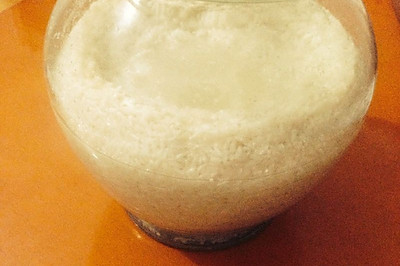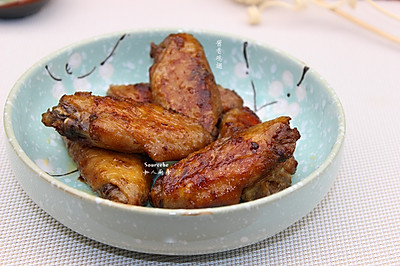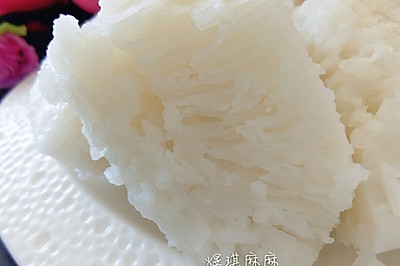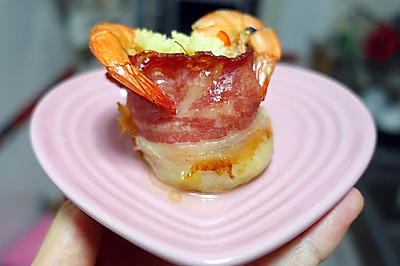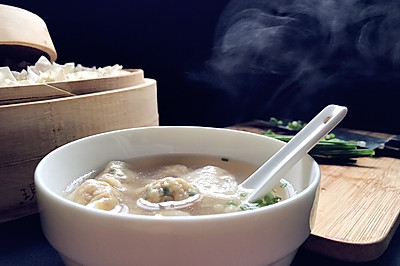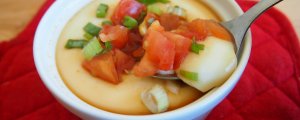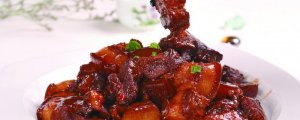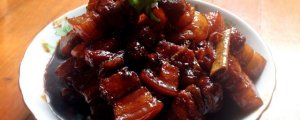
Salted duck egg with red rice lees
(106189 views)
In the late autumn every year, there is a good harvest of grains in the field. It's an ancient custom for thousands of years to brew several jars of red koji rice wine with superior glutinous rice and red koji. When the wine is dry, the distiller's grains are used to cook various kinds of delicious food. One of them is salted duck egg with distiller's grains. Bury duck egg in distiller's grains. Put salt into it. Wait for time to slowly infiltrate salt and wine into duck egg. It's a kind of soul soaked delicacy from small to large. A taste that evokes nostalgia.
Cooking ingredients
Cooking Steps

Step1:Prepare to wash the salted duck egg

Step2:After cleaning, be sure to drain the water. You can dry the duck eggs in a well ventilated place

Step3:Prepare fresh red lees (you can contact me if you need red lees. My family brews other red wines. They squeeze fresh red Lees by hand every year

Step4:Put in the salt. It's better to use coarse salt. There's no substitute for fine salt. If you don't want too salty, you can reduce the amount of sal

Step5:Mix the salt and lees wel

Step6:Put the salt mash in a thin layer in the sealed tank. Put a layer of duck egg on it. Put another layer of mash. Another layer of duck egg. Another layer of mash. And so on..... Duck eggs are standing. In addition to the lower layer. The upper bad must fill the gap of the duck egg. After sealing, put it in the shade.

Step7:After a month, the oil overflows. The wine tastes solid. The mouth is full of fragrance
Cooking tips:When you take salted duck eggs out of the glass jar, you must wear clean disposable gloves to prevent water or oil from entering the distiller's grains, which will make the distiller's grains moldy and the pickling time is over. You can take out all salted duck eggs, wash them, put them in the refrigerator after they are cooked and refrigerated for preservation to make dishes delicious.
 Chinese Food
Chinese Food
